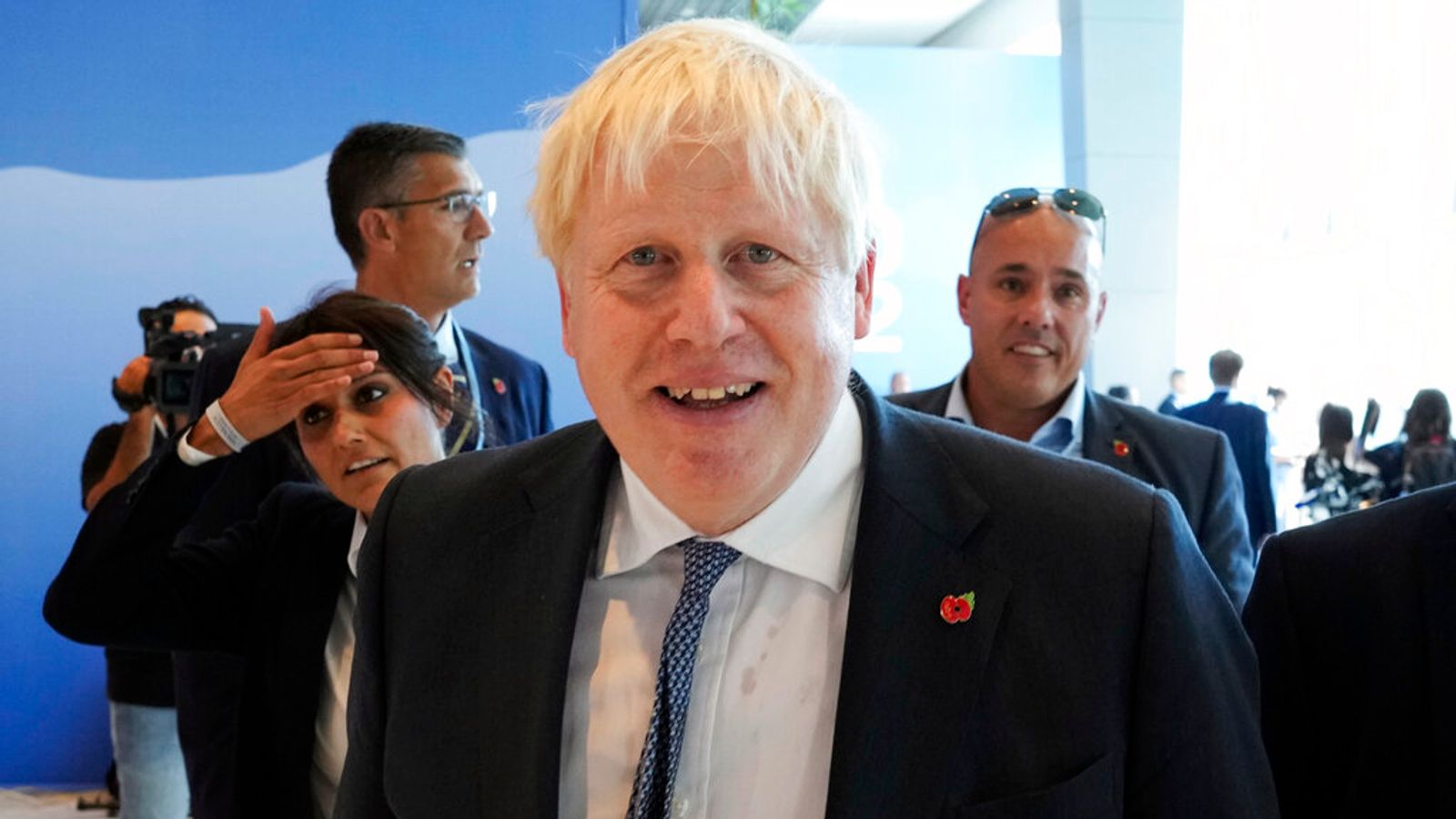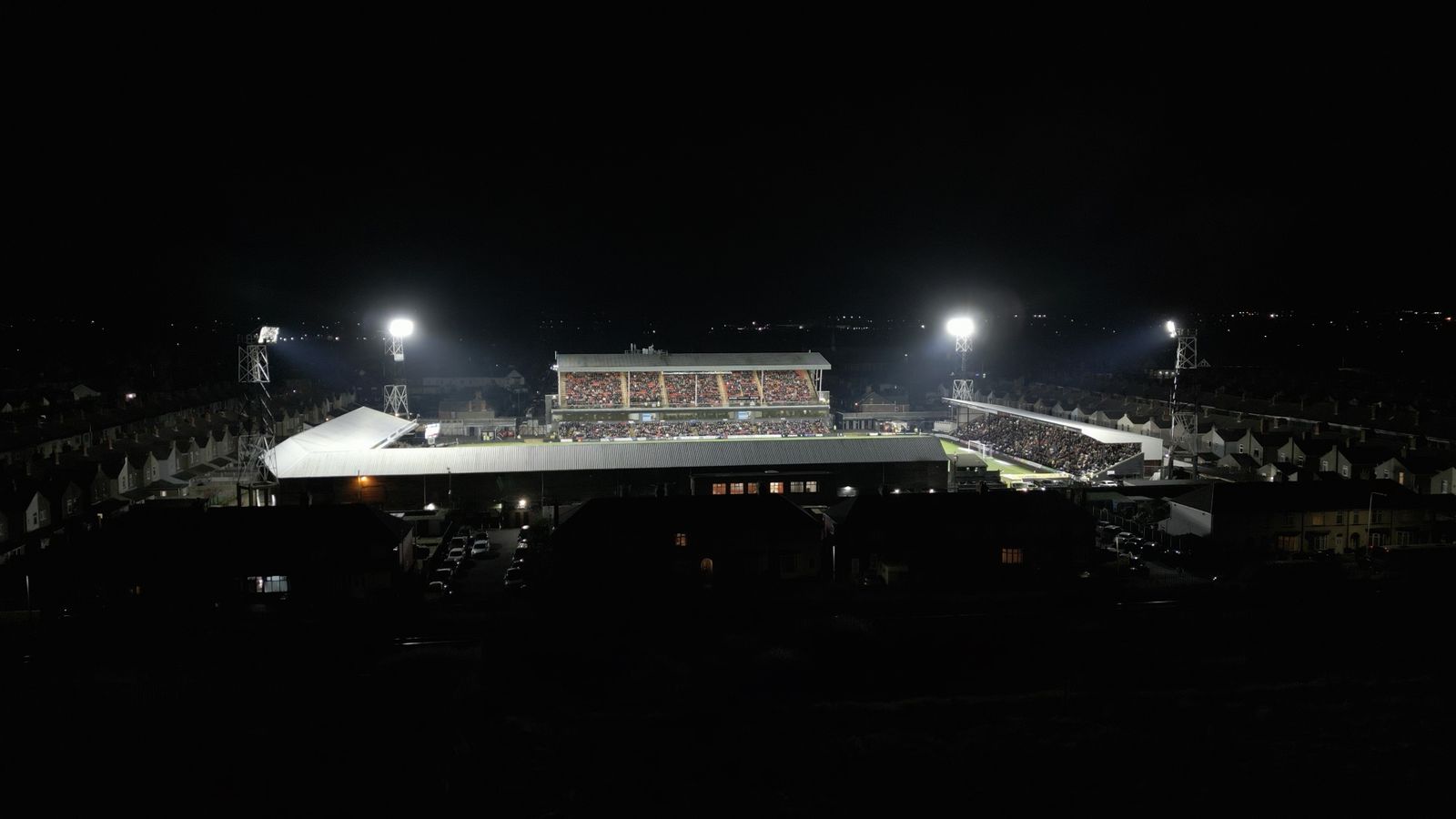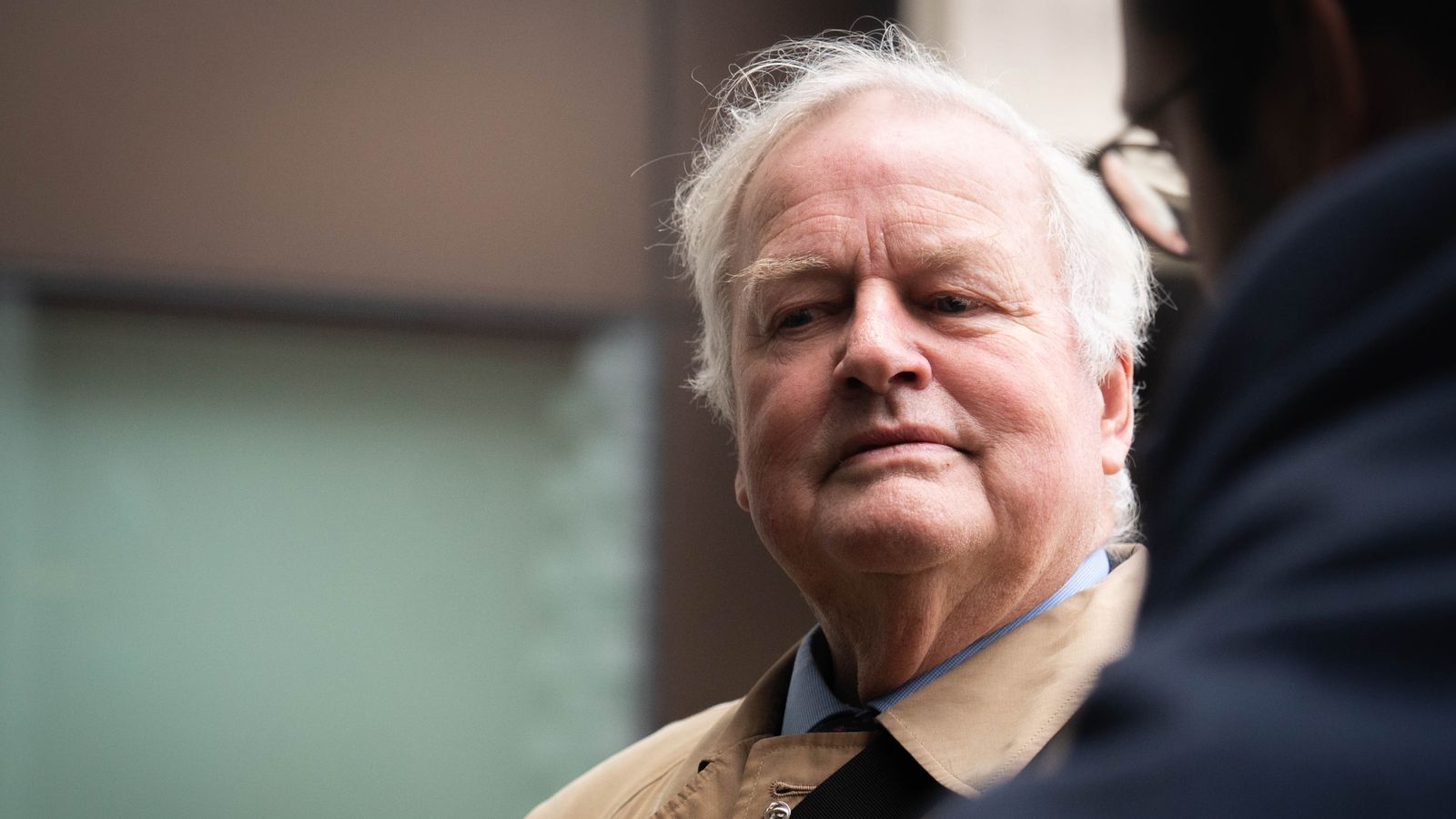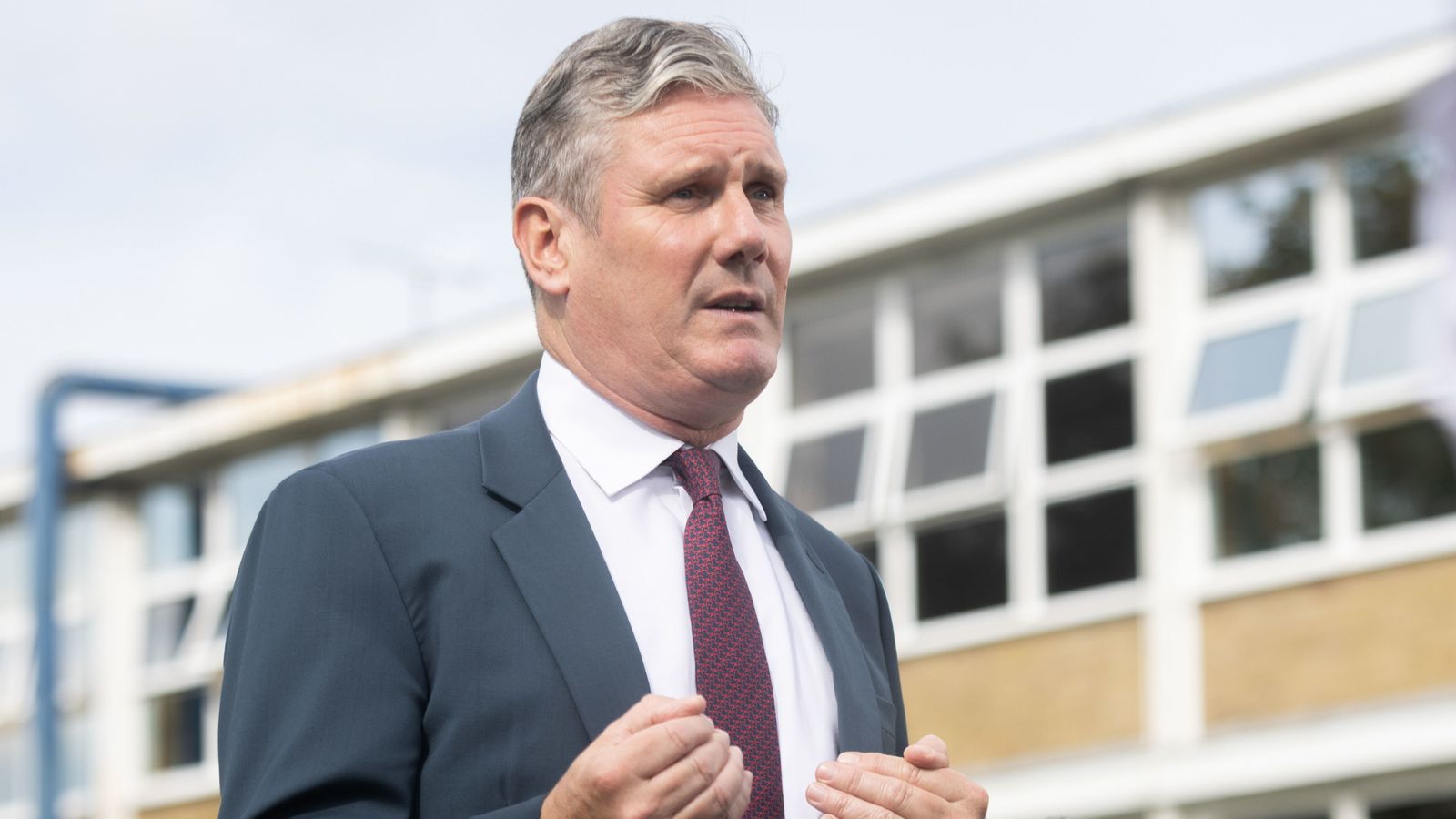The vaccines minister has told Sky News he will provide an update on coronavirus jabs for children aged between 12 and 17 later on Monday.
Nadhim Zahawi told Kay Burley he will set out the latest in a Commons statement to MPs from around 3.30pm.
Live COVID updates from the UK and around the world
He said the Joint Committee on Vaccination and Immunisation (JCVI) had delivered their advice on the topic to the government and ministers would consider it.
“They have looked very closely, especially at children who are more vulnerable to serious infection from COVID, children who live with adults who are more vulnerable to serious infection from COVID and, of course, 17-year-olds who are close to becoming 18 – so three months from their 18th birthday – and we will take that advice before I make a statement to Parliament later today.”
It is expected that most teenagers will not be offered COVID jabs, only those who are vulnerable to serious infection from COVID, those who live with a vulnerable adult or those who are about to turn 18.
Mr Zahawi said the JCVI were “continuing to review” whether all children should be offered a vaccine.
“There is new emerging data of children vaccinated in America and elsewhere with a first dose, not yet enough data with a second dose, so they want to look at all the data,” he said.
Mr Zahawi added there had been cases of heart inflammation in some children who had been given a jab.
“On balance, I think the JCVI are coming down on the side of continuing to review all children, healthy children, but wanting to protect the vulnerable children first,” he said.
The Medicines and Healthcare products Regulatory Agency last month approved the Pfizer/BioNTech vaccine for 12 to 15-year-olds.
The jab was approved for use in the UK for 16 and 17-year-olds in December.
The JCVI’s current advice is that those aged 16-18 should be offered vaccination if they are in a priority Phase 1 group or they are the household contacts of someone who is immunosuppressed.
A member of the Scientific Advisory Group for Emergencies (SAGE) has told Sky News last month that the question of whether or not children should be vaccinated against COVID is a “really close call”.
Calum Semple, professor of child health and outbreak medicine at the University of Liverpool, said children were at “much less risk of severe disease”.
He said if a decision was taken to inoculate them against COVID-19, it would be to “reduce transmission in the community, rather than primarily to protect them”.





